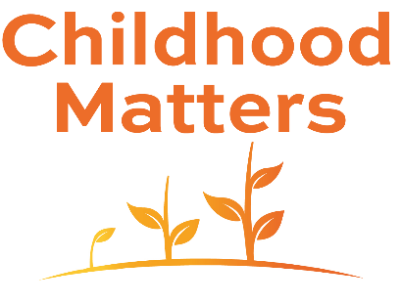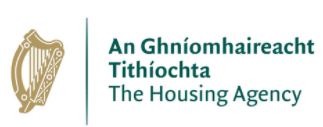In This Section
- Home
- About Us
- Research
- Research Clusters & Working Groups
- Ageing
- Children and Young People
- Research for Civil Society, Environment and Social Action (REACT)
- Genders, Sexualities and Families
- Disability and Mental Health
- SHAPE
- CARE21
- Migration and Integration
- Poverties, Social Justice and Inequalities
- Gender and the Academy Research Working Group
- Crime and Social Harm (CSH)
- Populism and the Rise of the Far-right
- Work, Organisations and Welfare
- TRANSS UCC Working Group
- News and Events
- People
- Events
- Join Us
In partnership with Childhood Matters, this research will explore the extent and implications of the lack of housing options available to infants, children and parents exiting tertiary services.
Context
Childhood Matters provides multidisciplinary assessments of parenting capacity within a residential setting and its framework is underpinned by Infant Mental Health and Parenting Development. Parents and children live on site for sixteen weeks, before transitioning back into the community. The lack of appropriate housing results in many parents being discharged to homeless services either alone or with their children. The lack of access to suitable accommodation places parents and children at significant risk, both in the short-term and long-term. Appropriate accommodation is essential to support families to progress and to solidify the progress made while at Childhood Matters.
This research documents the current housing policy position, at a local and national level, for parents and infants exiting residential services for families. It hopes to identify a viable and practical model for successful transition from residential services to living in the community. It also evaluates the economic feasibility of providing pathways to more stable accommodation for those exiting tertiary services for families, using an economic analysis of housing-led approaches as a modelling tool.
Aims and Objectives
1. To document the current housing policy position, at a local and national level, for parents and infants exiting tertiary services for families.
2. To investigate the implications of the lack of housing options for infants, children, and parents exiting residential settings.
3. Identifying a viable model for successful transition from residential services to living in the community.
4. To evaluate the economic feasibility, based on the economics of Housing First, of providing pathways to more stable accommodation for those exiting tertiary services for families.
Methodology
This research aims to bring the distinctive experiences of and impacts of housing precarity on parents and infants who are resident in Childhood Matters into the research process, which will inform the subsequent mixed methods approach. The research itself will involve a participatory mixed-methods approach, using both primary and secondary research. In the first phase of research, two focus groups consisting of parents who are resident in Childhood Matters and parents who have exited the unit will be convened in order to co-design interview schedules, as well as to gather an in-depth understanding of the experience of exiting Childhood Matters into housing precarity. The second phase will utilise the interview schedules co-designed by previous and current residents in
interviewing stakeholders who either provide an associated service, are in an administrative position or in a statutory position.
Using the economics of Housing First, a cost-benefit analysis will be conducted which will examine the possibility of developing a housing-led model. This includes a referral pathway out of tertiary services for families and into more stable accommodation. This analysis may provide a continuation to the investment made in engaging families in residential settings.
Outputs
Buckley, M. & Busteed, E. (2024) Pathways to Stable Housing for Parents & Children Exiting Residential Services. Cork: UCC.
Project Funding and Dates
This project has been funded by The Housing Agency (Research Support Programme) and runs from 2022-2023.
Project Team
Dr Margaret Buckley (PI) (Applied Social Studies, UCC) margaret.buckley@ucc.ie, Edith Busteed (Applied Social Studies, UCC) and Lorna Bermingham (Childhood Matters).


The Housing Agency’s purpose is to provide expertise and solutions to help deliver sustainable communities throughout Ireland. A strategic objective is to support stakeholders with evidence-informed insights and data to develop a sustainable Irish housing system. In this vein, the Research Support Programme funds research projects which respond to key topical issues in housing and have the potential to impact on housing policy and practice. The views expressed in this report are those of the author(s) and do not necessarily represent those of The Housing Agency.
Institute for Social Science in the 21st Century (ISS21)
Contact us
Top Floor, Carrigbawn/Safari Building, Donovan Road, Cork, T12 YE30
